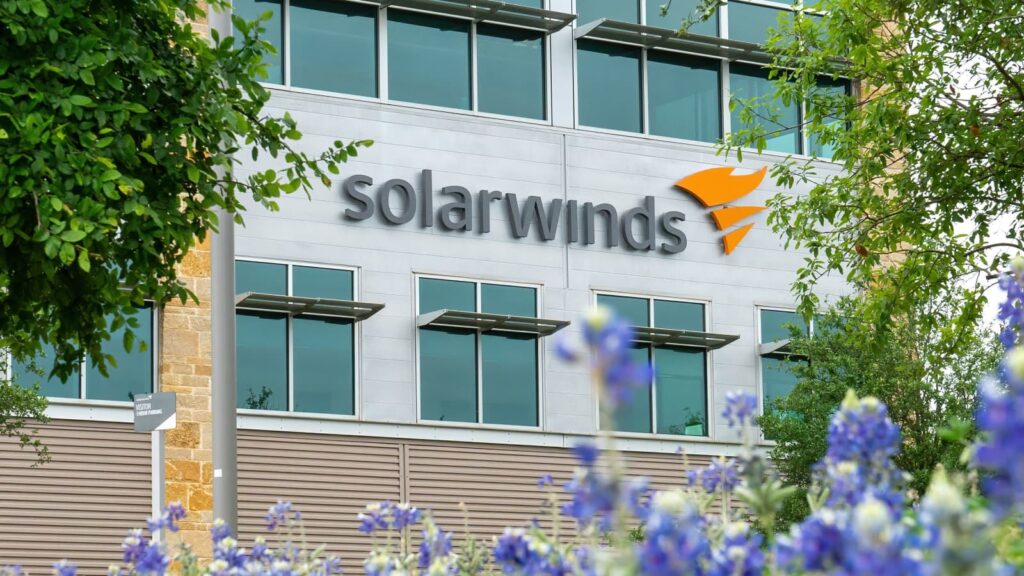A highly publicized case filed by the Securities and Exchange Commission (SEC) against SolarWinds, a well-known software business involved in a serious cyber espionage event, has had its scope drastically reduced by a U.S. judge in a noteworthy legal development. A number of the SEC’s allegations have been dismissed in this action, which is supervised by U.S. District Judge Paul Engelmayer in Manhattan. A sophisticated cyberattack connected to Russian agents was the catalyst for this case, which claimed that SolarWinds had misled investors by concealing significant security flaws in its software before and after the incident.
The SEC’s lawsuit, which was filed in October, represents a significant regulatory action in the field of cybersecurity. The SEC alleged that SolarWinds had misled investors by not disclosing the severity of its cybersecurity vulnerabilities before the attack and by downplaying the extent of the damage after the breach was discovered. The lawsuit also named Timothy Brown, the Chief Information Security Officer (CISO) of SolarWinds, suggesting that he had a role in the alleged misconduct.
The cyberattack in question, known as Sunburst, exploited vulnerabilities in SolarWinds’ Orion software platform. This breach was one of the most extensive and serious cyber espionage incidents of recent years, affecting several key U.S. government agencies, including the Departments of Commerce, Energy, Homeland Security, State, and Treasury. The attack, which came to light in December 2020, raised concerns about the security of U.S. governmental operations and highlighted the sophisticated nature of modern cyber threats. While the U.S. government has attributed the attack to Russian actors, Russia has denied involvement, adding another layer of geopolitical tension to the incident.
In his ruling, Judge Engelmayer addressed the SEC’s allegations concerning statements made by SolarWinds after the attack. The judge dismissed these claims, asserting that they were based on “hindsight and speculation.” This part of the ruling suggests that the court did not find sufficient evidence to support the SEC’s assertions that SolarWinds had intentionally misled investors or failed to provide accurate information in the aftermath of the attack.
The decision also involved a critical examination of statements made by SolarWinds before the attack. The SEC had claimed that the company had misrepresented the strength of its cybersecurity measures and failed to adequately disclose the potential risks associated with its software. The SEC also alleged that SolarWinds had concealed warnings from customers regarding malicious activity related to the Orion platform. However, Judge Engelmayer dismissed most of these claims, with the exception of those related to a specific statement on SolarWinds’ website regarding its security controls.
Judge Engelmayer’s ruling emphasized that anti-fraud laws do not require companies to provide “maximum specificity” in their risk warnings. The judge reasoned that such an approach could inadvertently provide cyberattackers with more detailed information to exploit vulnerabilities. This perspective aligns with the understanding that while companies must disclose significant risks, they are not expected to provide exhaustive details that could compromise their security or operational integrity.
The ruling also highlighted the broader legal and regulatory challenges faced by companies in managing cybersecurity risks. While companies are expected to implement robust security measures and disclose relevant risks to investors, they are not held to an impractical standard of preventing all cyber threats or disclosing every potential risk in minute detail. The court’s decision reflects an understanding of the inherent limitations in cybersecurity and the practical challenges faced by companies in addressing these issues.
SolarWinds has responded to the court’s decision with a sense of relief, expressing satisfaction with the ruling and characterizing the remaining claim as “factually inaccurate.” The company’s legal team, along with Brown’s lawyers, has not provided detailed comments on the specifics of the case or the implications of the ruling. The SEC, on the other hand, has declined to comment on the judge’s decision, leaving the broader implications of the case somewhat uncertain.
This case represents a significant moment in the intersection of cybersecurity and legal accountability. It is relatively rare for the SEC to target companies that are victims of cyberattacks, especially without reaching a settlement. Additionally, it is unusual for the SEC to pursue public company executives like Timothy Brown, who are not directly involved in the preparation of financial statements or disclosures.
The outcome of this case could set important precedents for how similar cases are handled in the future, particularly concerning the responsibilities of companies and their executives in the context of cybersecurity incidents. The ruling may influence how companies approach cybersecurity disclosures, manage risks, and engage with regulatory bodies. It also underscores the complexities of legal accountability in an era where cyber threats are pervasive and sophisticated, highlighting the ongoing challenges faced by companies in navigating the evolving landscape of cybersecurity and regulatory compliance.
The ongoing legal proceedings surrounding SEC v. SolarWinds Corp could provide significant understanding of how to strike a balance between corporate accountability and the pragmatic aspects of cyber risk management. This ruling may influence future legal requirements and regulatory measures, which in turn may affect how businesses and authorities handle cybersecurity concerns and the wider consequences these issues have for investor safety and corporate governance.
If you like the article please follow on THE UBJ.
